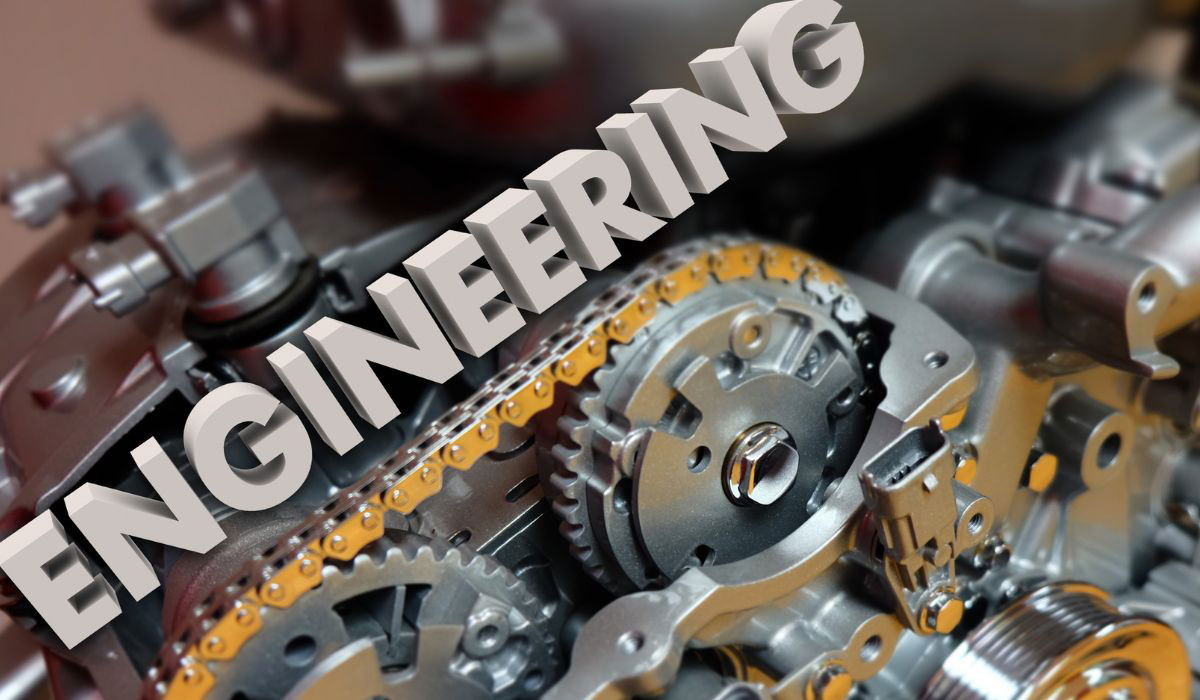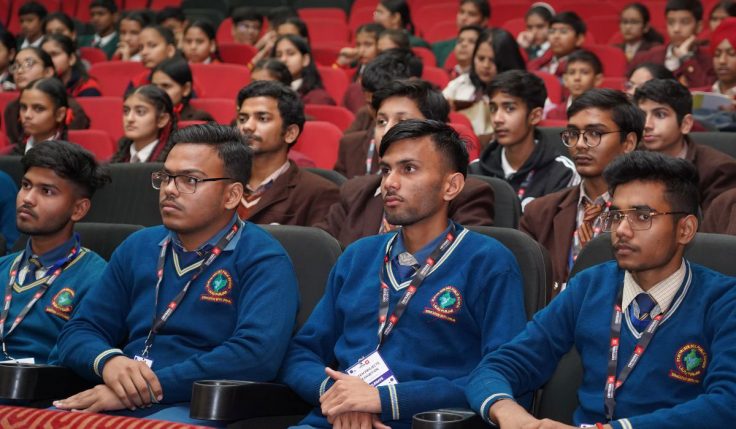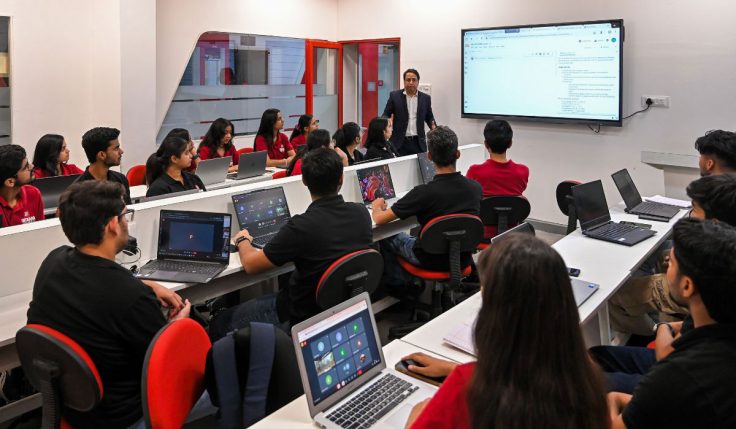Automotive engineering has been at the forefront of technological advancements for a very long time as it strives to create vehicles that are relatively safe, efficient, and sustainable. With quick advancements in the areas of electrification, autonomous driving, and connected vehicles, the automotive industry is currently experiencing a transformation reshaping the future of mobility.
In India, the Automotive Research Association of India (ARAI) founded in the year 1966, has been a beacon for automotive research and development, ensuring that Indian vehicles meet global standards of safety, emissions, and performance.
In this blog, we will delve into the various facets of automotive engineering that are shaping the future and how ARAI’s contributions are fostering advancements in this dynamic field.
The Evolving Landscape of Automotive Engineering
Automotive engineering is witnessing profound changes driven by environmental concerns, technological advancements, and changing customer demands. These changes are steering the industry towards innovations that are redefining the driving experience.
Electrification and Green Mobility: The change towards electric vehicles is one of the most significant changes in the automotive industry. With the industry’s concerns about climate change and stringent emission regulations, automakers are investing heavily in developing EVs that can offer cleaner alternatives to traditional internal combustion engine vehicles.
The EVs are powered by electricity stored in batteries, eliminating tailpipe emissions and reducing the reliance on fossil fuels. This means ARAI has been instrumental in changing the future of electric mobility in India. As the country accelerates its push towards electrification, ARAI has developed standards for electric vehicles and charging infrastructure, ensuring the EVs on Indian roads meet international safety and performance standards.
What’s more, the organisation also conducts testing and certification of EVs and battery systems, helping to build consumer confidence in the emerging technology.
Autonomous Vehicles and Driver Assistance Systems: Autonomous driving technology is another area where automotive engineering is making a big stride. Self-driving vehicles were once a futuristic dream, but they are now on the horizon, all thanks to advancements in sensors, artificial intelligence, and machine learning.
While fully autonomous vehicles are still in the beginning stages, drive assistance systems such as adaptive cruise control, lane-keeping assistance, and automotive emergency braking are already being implemented in modern cars.
The ARAI has been involved in the research and development of autonomous driving technologies. The organisation is working on new projects related to Advanced Driver Assistance Systems for developing frameworks for testing and evaluating the safety and performance of autonomous systems. ARAI is setting standards to ensure that these systems are reliable and safe for use on the Indian roads.
Connected Vehicles and Internet of Things: The rise of connected vehicles is changing the way we interact with our cars. Modern vehicles are equipped with sensors and communication technologies that enable them to connect with other vehicles, infrastructure, and even the Internet.
The connectivity allows them for real-time data exchange, leading to improved safety, better traffic management, and improved vehicle diagnostics. The ARAI has been at the forefront of developing protocols and standards for connected vehicle technologies in India.
The organisation is also working on initiatives that involve vehicle-to-vehicle and vehicle-to-infrastructure communication for laying the groundwork for a future where vehicles can effectively interact with their surroundings. These advancements are critical for the development of smart cities and intelligent transportation systems that can improve road safety and reduce congestion.
Lightweight Materials and Fuel Efficiency: As the automotive industry strives to reduce emissions and improve fuel efficiency, the use of lightweight materials has become a focus area. Automakers are increasingly turning to materials such as aluminium, carbon fibre, and high-strength steel to reduce vehicle weight without compromising safety.
The lighter vehicles consume less fuel and emit fewer greenhouse gases, which makes them an attractive option for customers and regulators. ARAI has been working on the development and testing of lightweight materials, providing the manufacturers with insights into how the materials can be used for vehicle design.
ARAI’s research efforts have contributed to the creation of fuel-efficient vehicles that meet global emission standards while also maintaining safety and performance.
Safety Standards and Crash Testing: Ensuring the safety of vehicles and their occupants is a crucial aspect of automotive engineering. As road safety becomes more recognised and the number of vehicles on the roads continues to grow, the demand for strict safety standards has never been higher.
The process of crash testing, which replicates actual accidents, is essential for assessing the safety performance of a vehicle. The importance of ARAI in encouraging vehicle safety in India cannot be emphasised enough. The company carries out thorough crash tests, assessing vehicles for their structural strength, airbag effectiveness, and overall ability to withstand crashes.
ARAI has top-of-the-line crash testing facilities in the region, and the information obtained from these tests assists manufacturers in creating vehicles that meet both domestic and international safety requirements.
Why Pursue a B.E. in Automobile Engineering (with specialisation in EVs and HEVs) from Chitkara University?
If you wish to become a part of the automotive industry, then Chitkara University offers a B.E. in Automobile Engineering (with specialisation in EVs and HEVs) in collaboration with the Automotive Research Association of India (ARAI), Pune, teaching students to handle new technologies such as EVs and HEVs.
Realising that the automotive industry is changing rapidly and moving towards electrical vehicles, the program has been designed to place a greater emphasis on the design and development of electrical and hybrid electric vehicles than conventional automotive vehicles. So that the graduates can become well-equipped for the automotive industry of the future.
Also, read this blog post: Why is Automotive Engineering the Right Career for You?
The program is taught with a combination of lectures, tutorials, group work, and workshops. In addition, the students are also expected to conduct independent studies to develop their knowledge. This combination allows you to develop numerous skills in the automotive industry, preparing students for a successful career in the industry.
The automotive industry is experiencing a period of change with so many advancements in the electric mobility industry, with autonomous driving, connected vehicles, and lightweight materials reshaping the future of transportation.
If you wish to drive innovation in the field of automotive technology, then pursuing education in the field is important for setting a foundation. Enroll for a B.E. in Automobile Engineering (with specialisation in EVs and HEVs) to know more and begin shaping a sustainable future for generations to come.






